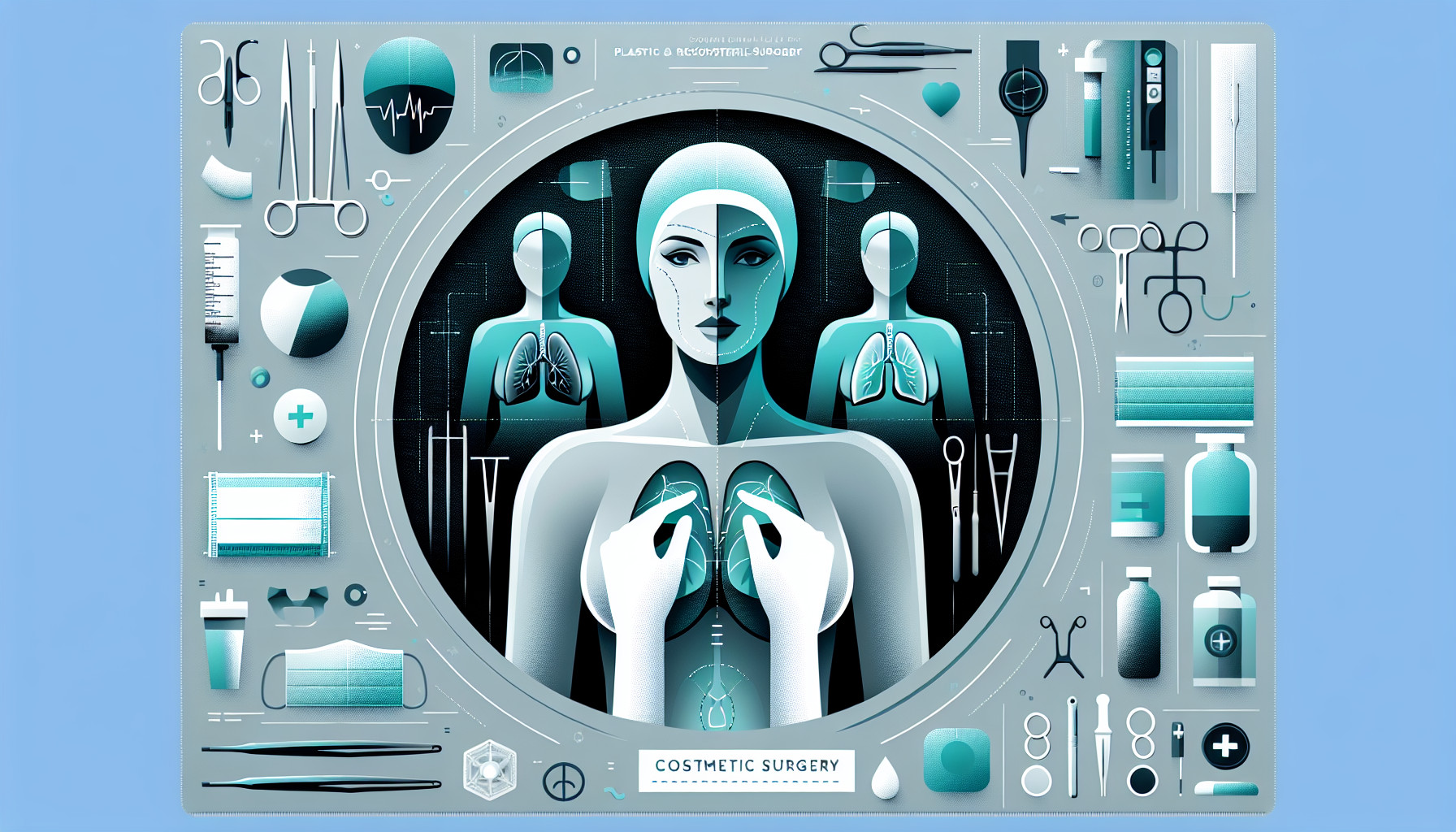Our Summary
This research paper discusses the impact of the COVID-19 pandemic on the number of cosmetic surgeries performed. After the World Health Organization declared the pandemic, many countries introduced quarantine measures, including the suspension of elective surgeries. As a result, the number of plastic surgery procedures declined for the first time since the early 2000s. However, after restrictions eased, there was a significant increase in demand.
The researchers collected data from a hospital in Istanbul, Turkey, and also conducted a survey to understand patients’ motivations. They found that the number of cosmetic surgeries increased by 49.4% in 2021 compared to 2020, and by 29.7% compared to 2019. The most common reason for wanting surgery was a desire to look better after the pandemic (46.3% of patients). For those who had previously undergone cosmetic surgery, the main motivation was satisfaction with past procedures (44.2%).
The researchers conclude that the fluctuation in the number of surgeries during and after the pandemic cannot be separated from the pandemic’s effects on people. The shift towards a more virtual and isolated lifestyle, known as the ’new normal’, will likely continue to influence patients’ decisions. It’s crucial for plastic surgeons to understand these changing needs and concerns. The paper is evidence level V, meaning it’s based on expert opinion and case reports.
FAQs
- How has the COVID-19 pandemic impacted the number of cosmetic surgeries performed?
- What were the most common reasons patients wanted to undergo cosmetic surgery during the pandemic?
- What was the increase in cosmetic surgeries in 2021 compared to the previous years?
Doctor’s Tip
A helpful tip a doctor might tell a patient about cosmetic surgery is to carefully research and choose a qualified and experienced plastic surgeon. It’s important to have a consultation to discuss your goals, expectations, and any potential risks or complications. Additionally, following pre and post-operative instructions and maintaining a healthy lifestyle can help ensure successful results and a smooth recovery.
Suitable For
In general, patients who are typically recommended cosmetic surgery include those who are in good physical health, have realistic expectations, and are seeking to improve their appearance for personal reasons. Common types of patients who may be recommended for cosmetic surgery include:
Patients with physical deformities or abnormalities: Cosmetic surgery can help correct physical deformities or abnormalities, such as cleft lip and palate, congenital malformations, or injuries that have resulted in disfigurement.
Patients with aesthetic concerns: Some patients may seek cosmetic surgery to address aesthetic concerns, such as wrinkles, sagging skin, or asymmetry in facial features. These patients may be looking to enhance their appearance and boost their self-confidence.
Patients who have experienced significant weight loss: Patients who have lost a significant amount of weight may be left with excess skin and tissue that can be addressed through procedures such as body contouring or skin tightening surgery.
Patients who are aging: As people age, they may experience changes in their appearance, such as sagging skin, wrinkles, and volume loss. Cosmetic surgery procedures like facelifts, eyelid surgery, and dermal fillers can help rejuvenate their appearance.
Patients seeking gender confirmation surgery: Some individuals may seek cosmetic surgery as part of their gender transition journey, such as breast augmentation or reduction, facial feminization surgery, or genital reconstruction surgery.
Ultimately, the decision to undergo cosmetic surgery is a personal one, and patients should carefully consider their motivations, expectations, and potential risks before proceeding with any procedure. It’s important for patients to consult with a qualified plastic surgeon to discuss their goals and determine the most appropriate treatment plan for their individual needs.
Timeline
- Before cosmetic surgery:
- Patient researches and consults with plastic surgeons to discuss their goals and concerns.
- Patient schedules surgery and prepares by following pre-operative instructions provided by the surgeon.
- Patient undergoes the surgical procedure, which can vary depending on the type of surgery chosen.
- Patient experiences recovery and healing, which may involve discomfort, swelling, bruising, and follow-up appointments with the surgeon.
- After cosmetic surgery:
- Patient sees initial results and may experience some swelling or bruising that will gradually fade over time.
- Patient follows post-operative care instructions to aid in the healing process and optimize results.
- Patient attends follow-up appointments with the surgeon to monitor progress and address any concerns.
- Patient enjoys the final results of the surgery, which can boost confidence and satisfaction with their appearance.
- Patient may consider additional procedures in the future based on their experience with the initial surgery.
What to Ask Your Doctor
Some questions a patient should ask their doctor about cosmetic surgery include:
- What are the potential risks and complications associated with the specific cosmetic procedure I am considering?
- How experienced are you in performing this particular surgery?
- Can you show me before and after photos of patients who have undergone the same procedure?
- What type of anesthesia will be used during the surgery, and what are the potential side effects?
- What is the recovery process like, and how long can I expect it to take?
- Are there any alternative treatments or procedures that may achieve similar results?
- What are the realistic expectations for the outcome of the surgery?
- How much will the procedure cost, and does it include follow-up appointments and any potential revision surgeries?
- What credentials and certifications do you have as a plastic surgeon?
- Can you provide me with references from previous patients who have undergone similar procedures?
Reference
Authors: Aktas EH, Balci UD, Karacaoglu E. Journal: Aesthetic Plast Surg. 2023 Aug;47(4):1658-1665. doi: 10.1007/s00266-022-03231-9. Epub 2023 Jan 30. PMID: 36715726
